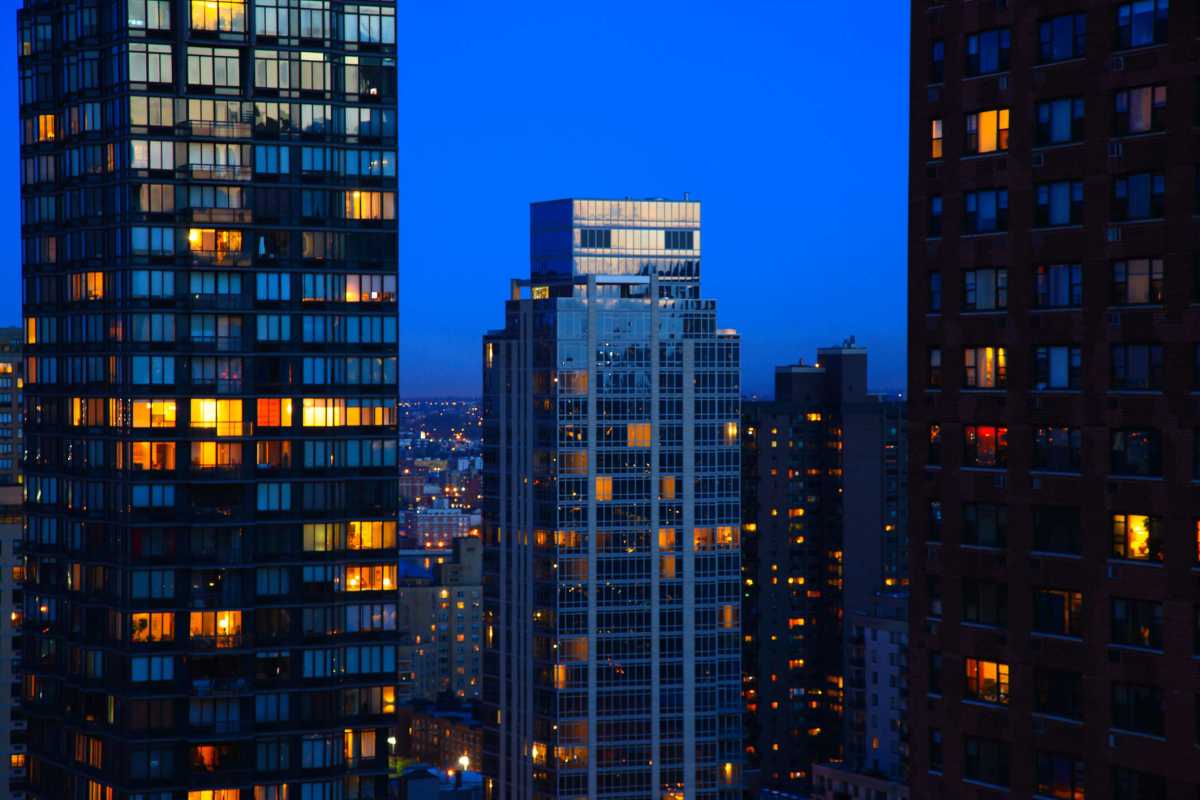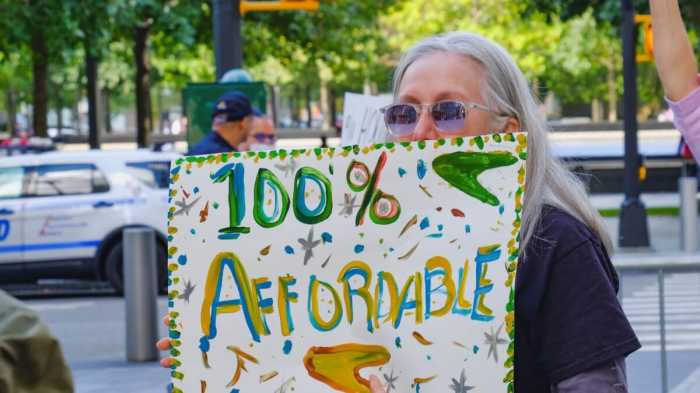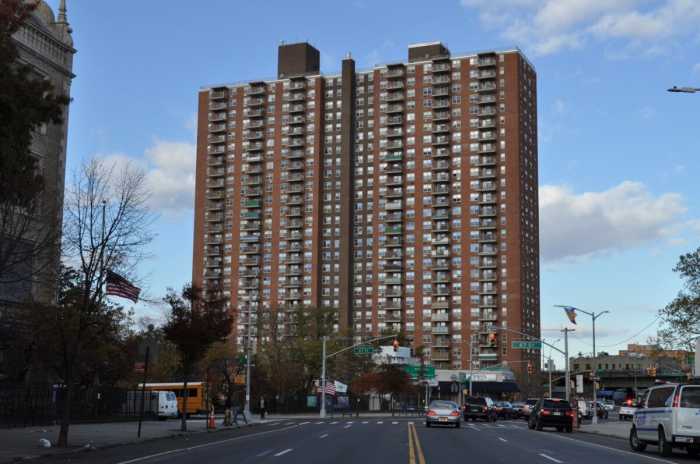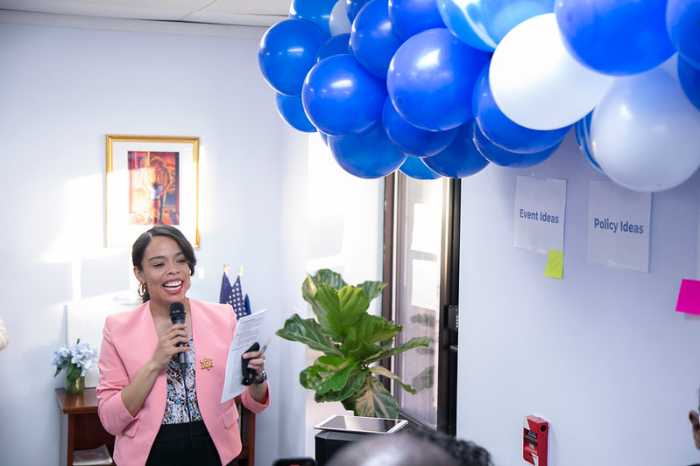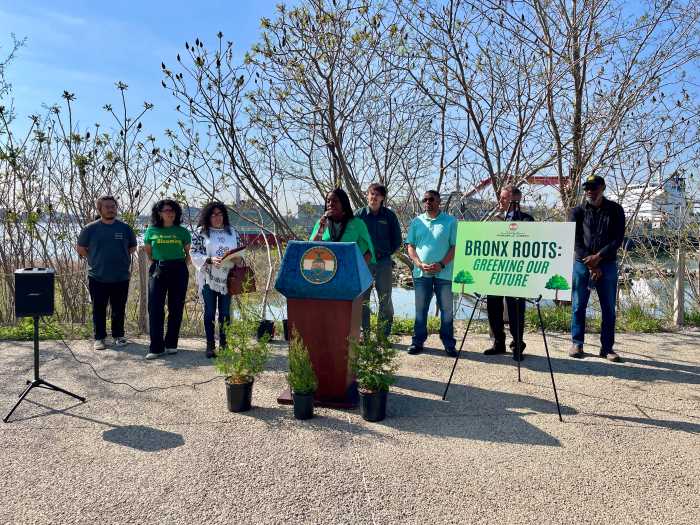New York Attorney General Letitia James announced that she secured $4 million from a group of 29 New York City landlords after uncovering an illegal kickback scheme.
According to the Office of the Attorney General (OAG), the management companies involved deregulated hundreds of rent-stabilized apartments in New York City. OAG reached a settlement with the 29 LLCs affiliated with Sentinel Real Estate Corporation for wrongdoing committed by employees at the now-defunct property management firms the owners used: Newcastle Realty Services, LLC (Newcastle) and Highcastle Management, LLC (Highcastle). Sentinel Real Estate Corporation itself is not a party to the settlement agreement.
“Our rent stabilization laws exist to protect the rights and homes of New York tenants, and this deregulation scheme proves they exist for good reason,” said Attorney General James. “Newcastle and Highcastle made themselves millionaires while kicking hundreds of rent-stabilized apartments off the market, all while under the lax oversight of these property owners. We’re making sure they pay their fair share, and I’m proud to have secured $4 million to preserve affordable housing in New York City.”
According to OAG, Newcastle and Highcastle inflated and falsely stated renovation costs for rent-stabilized apartments in Manhattan and Brooklyn in an attempt to deregulate them. The employees of these two companies accepted more than $1 million in kickbacks from contractors in exchange for hiring said contractors on renovation jobs, and the owners failed to provide sufficient oversight of Newcastle’s and Highcastle’s practices.
Prior to June 2019, owners that made improvements to rent-stabilized apartments would increase the rent of those units by a fraction of the cost of the improvements that were made. These changes would be made through a system known as Individual Apartment Improvements (IAIs). Some of the property owners and landlords involved used IAIs to increase rents enough to bring them over the deregulation threshold established by those laws, thereby converting them to market-rate units and maximizing the buildings’ market values. The owners involved in this settlement utilized a similar strategy, and Newcastle and Highcastle helped them carry it out by falsifying the costs of IAIs. Newcastle and Highcastle would also allocate construction expenses among units to achieve deregulation, inflated costs for renovation jobs, and included the kickbacks they received from contractors in the charges reported for certain units.
As a part of the scheme, regardless of the quote provided by the contractor, Highcastle and Newcastle would intentionally set the cost of labor to be equal to the necessary amount to deregulate that particular unit. The two companies often falsely inflated the costs of apartment renovations and would inconsistently allocate costs from lump sum renovations impacting an entire building to different units, all to aid in reaching the units’ respective deregulation thresholds.
The settlement states that Newcastle and Highcastle once hired a contractor to renovate nine apartments, all with identical scopes of work. However, rather than split the cost evenly among the apartments, Newcastle and Highcastle reported $14,500 in labor costs for a gut renovation to a high-rent one-bedroom apartment, and $95,000 in labor costs for a gut renovation to a low-rent studio apartment, when in reality, the labor costs for both units were basically equivalent. Further evidence shows these false allocations were not limited to multiple apartments in a single building, but also in multiple apartments across multiple buildings.
Newcastle and Highcastle would often create false orders on a contractor’s letterhead stating more work was required for an additional cost in instances where labor costs were not sufficient to deregulate a unit through the IAI system. Though the contractors in these scenarios did not actually have more work to do, nor did they request more money, Newcastle and Highcastle needed to report a higher amount had been spent in order to deregulate the apartment.
In exchange for awarding repeated renovations jobs to certain contractors, Newcastle and Highcastle employees received more than $1 million in kickbacks from contractors in exchange for being awarded jobs at the owners’ buildings. They hid these bribes by reporting the amount as included in the amount spent on IAIs: if labor costs for a job were $45,000 and the employees received $5,000 as a kickback, they reported the renovation investment in the unit as $50,000.
OAG filed a lawsuit against former Newcastle employee David Drumheller for his role in the scheme in May 2019. It was determined in the investigation that the owners failed to detect or stop Newscatles and Highcastle’s scheme.
As a part of the settlement, the 29 owners paid $4 million to Attorney General James’ Affordable Housing Fund with the New York City Department of Housing Preservation and Development (HPD). An independent auditor evaluated the regulated status and legal regulated rents of the apartments previously managed by Newcastle and Highcastle, and following the completion of the audit, the owners are ordered to follow protocols set forth by OAG to reset legal rents, offer rent-stabilized leases, and refund current tenants for overcharges, as necessary. The owners must also implement new institutional practices to ensure legally compliant ownership and management of rent-regulated apartments.
A statement from a spokesperson for the settling landlords said:
“As landlords, we hold ourselves to the highest ethical and compliance standards and expect our business partners and contractors to do the same. This settlement relates to a scheme by employees of a former third-party property manager that was the subject of a public complaint in 2019, and what the NYAG characterized as our failure to detect that conduct, which occurred years ago. In fact, we were victims of this kickback scheme and, as we said at the time, were deeply troubled to learn of the allegations against the former property manager. When the allegations were brought to our attention by the NYAG, we fully cooperated with her office’s investigation, conducted our own internal review with the assistance of outside counsel, and promptly severed ties with the third-party property manager. In addition, we voluntarily implemented additional third-party cost verification measures and other enhancements to our already robust compliance policies and procedures. We are pleased that this matter is now resolved and that, under the terms of our agreement, our substantial monetary contribution will be directed in full to a low-income housing fund to support the growth of affordable housing.”
The 29 owners involved in the settlement are:
- Gotham City Residential Manager I, LLC
- Gotham City Residential Manager II, LLC
- Gotham City Residential Advisors II, LLC
- Gotham Segregated Account GP I, LLC
- Gotham Segregated Account Manager I, LLC
- Hygrocybe 1115 Union GP V, LLC
- Hygrocybe Manager V, LLC
- Tarzetta Catinus, LP
- 5008 Broadway, LLC
- 658 West 188th Street, LLC
- 80 Clarkson, LLC
- 92 Pinehurst Avenue, LLC
- 3100 Brighton 2nd Street, LLC
- Brightwater 219, LLC
- Brightwater 231, LLC
- 66 St. Nicholas Place, LLC
- 75 St. Nicholas Place, LLC
- 76 St. Nicholas Place, LLC
- 853 St. Nicholas Avenue, LLC
- 79 Brighton 11th Street, LLC
- 125 Brighton 11th Street, LLC
- 1511-1521 Brightwater Avenue, LLC
- 120 East 19th Street GSA I, LLC
- 146 East 19th Street, LLC
- 165 East 19th Street GSA I, LLC
- 287 East 18th Street, LLC
- 1803 Beverly Road, LLC
- Broadway Towers NYC, LLC
- 1115 Union Apartments, LP
Updated at 3:21 p.m. on Aug. 24, 2022.



